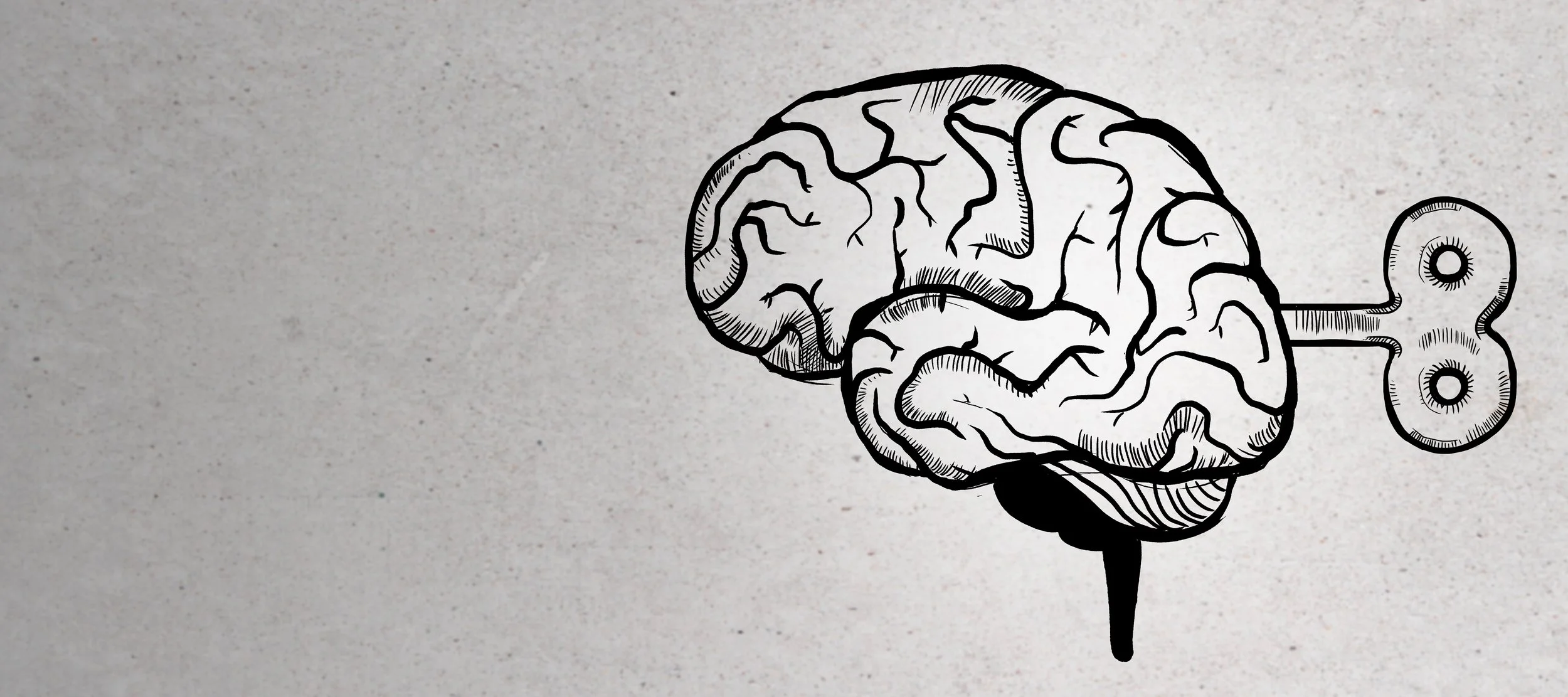INSIGHT
Why do people cheat at golf?
Cheating isn’t just frowned upon, many of us take it personally. But why do some players break the rules?
CALL someone a cheat in the clubhouse and get ready to duck. In a game that’s built on integrity, and on personal responsibility, it’s the worst insult.
Breaking the rules cuts deeper than it does in almost any other sport. “It’s not part of the etiquette, is it?” says Professor Adam Nicholls, a specialist in sport psychology and leader of the Sport Psychology and Coaching Group at the University of Hull.
“In team sports, if you can get away with a professional foul – or can get away with something – then there seems to be an expectation that players should do it. In golf, it’s different.”
Ours is a game with a strong moral code and yet some golfers are still prepared to cheat. Even when the risks – we’ve all seen fights break out and people asked to leave clubs – are so high.
So why do they do it?
What’s the psychology behind cheating?
To understand the psychology behind cheating in golf, Prof Nicholls says we need to look at why people are motivated to play. Are you task or ego-oriented?
“If you have a task-oriented approach, your goals are to get better and to improve,” he explains. “If you have an ego approach, you want to outperform others. Your performance is based on comparing yourself to your friends and other people.
“If you shoot 75, and one of your friends shoots 74, you might get a bit anxious about that. That’s when there is a propensity to cheat.”

“Some people are much better at disengaging from their morals and uncoupling from their normal standards of right and wrong”
The Dark Triad: golf’s dangerous opponent
Prof Nicholls has researched personality traits and how they relate to cheating. Originally carried out within the context of doping, he identified a series of traits in people called the Dark Triad:
Machiavellianism: More likely to be manipulative, corrupt, and often immoral
Narcissism: Have inflated self-importance, can be vain and have a strong sense of entitlement
Psychopathy: Show little empathy and display anti-social tendencies
“All three of these constructs were associated with people’s propensity to cheat,” he says.
“We created an experiment where we gave people a chance to cheat. We motivated them by giving a financial reward for completing tasks.”
There were 20, but only 13 could be completed. Participants would be rewarded depending on how many they said they finished, and they had the opportunity to be dishonest without facing consequences.
“So people did cheat,” Prof Nicholls reveals. “They would say, ‘I completed 18 tasks’, or ‘15’. When it was more than 13, we knew they were cheating.”
How is cheating justified?
The big question is why. “We all know cheating is wrong,” Prof Nicholls says. “Why is it that some people do it?
“Some people are much better at disengaging from their morals and uncoupling from their normal standards of right and wrong. They justify it by saying, ‘No one’s getting hurt if I miss’, or ‘Everyone else does it’.”
Whether it’s a foot wedge from the woods or a suspicious drop, they all come from the same mental calculations. Is it worth it? Will I get caught?
“For you and me, it might be hard to understand why people would do that. But these personality types think they can get away with it and can manipulate and distract others to let them get away with it.
“We make evaluations based on threats and benefits. This is appraisal theory. If we believe the benefits outweigh the threats, we’ll do it.
“People make an evaluation every time they engage in cheating behaviour. If I’m in the woods, can’t find my ball, and think, ‘I could just drop another ball down now and no one will see it’, the benefit outweighs the risks of being caught.”
We’re obsessed with handicaps
So much of cheating in golf is believed to be bound up in handicaps. Designed to level the playing field, they have become so much more. They’re a point of pride, obsession and – for some of us – deception.
“Handicaps are a measure of ability. Ultimately, it’s a bragging right,” Prof Nicholls reveals. “It’s a way of outwardly showing people your ability and it motivates that willingness to cheat. If handicaps weren’t public, I think the urge to cheat would be diminished.”
“People make an evaluation every time they engage in cheating behaviour. If I’m in the woods, can’t find my ball, and think, ‘I could just drop another ball down now and no one will see it’, the benefit outweighs the risks of being caught”
In a social media age where scorecards are shared like trophies, Nicholls believes the way some of us use our handicaps feeds that cheating behaviour.
“It’s an incentive. The extent to which people live their lives by social media, and how much they care about that, has a massive part to play. And I think that’s getting worse.”
Handicaps drive a need to get better and Nicholls believes they are mostly a force for good – “It’s what gets you up on a Sunday morning when it’s cold and wet. It’s a chance to improve.
“But for some it can motivate cheating if they’re not improving to the extent they want or that their friends are.”
Are we doing enough to preserve golf’s ethics?
Whether it’s calling out cheating when we see it on the course, or educating to ensure it doesn’t happen in the first place, there is a question over whether modern golf club culture could do more to preserve some of the older guardrails.
“I first started playing as a 14-year-old and we had to go to a talk. We were even given a book on etiquette,” says Prof Nicholls.
“Cheating was never something that ever crossed my mind. It was wrong.”
Golf clubs trying to be more accessible are removing many of the barriers that have been perceived to deny entry in the past. Has that come at a cost? Are there fewer conversations now about ethics and expectations?
Nicholls believes clubs need to take a more active role in educating players about the values of the game.
“Clubs have a responsibility to educate players about the history of the game, etiquette and to empower people to call out poor behaviour.”
Will we ever be able to stop the cheats?
“People will always cheat,” explains Prof Nicholls. “They’ll always find a way. People will always be in the woods and not counting as many shots, or maybe not counting an air swing.”
But that doesn’t mean we have to accept it. Golf’s code of conduct remains the sport’s best chance of resisting the temptations.



